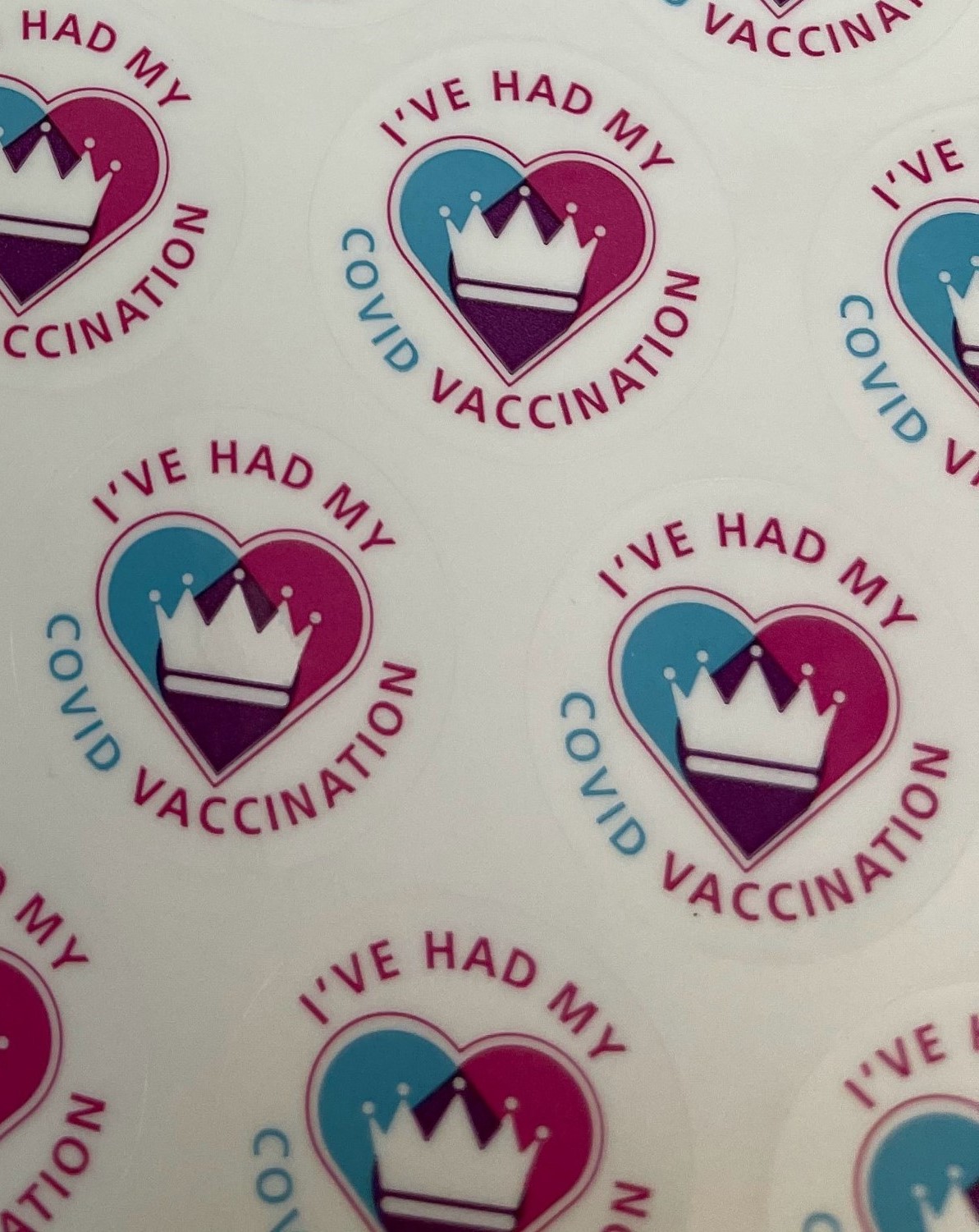Critics fear vaccine passports will alienate already marginalized communities and deepen racial disparities.

The White House is working with private companies and leading an effort to develop a system for Americans to prove they’ve been vaccinated against Covid-19, often referred to as “vaccine passports,” a senior administration official told the Washington Post.
Five officials who spoke on the condition of anonymity told the Post that the administration’s initiative is being driven largely by the Department of Health and Human Services, including an office dedicated to health information technology. A number of government agencies are involved in the work with HHS, as this system will affect multiple aspects of daily life, including the workforce, the official said.
One of the vaccine credential initiatives, a digital pass devised by IBM, is already being tested in New York state. Starting Friday, New Yorkers will be able to pull up a code certification on their cell phone, called the Excelsior Pass, to prove they have been vaccinated against COVID-19. The app is funded by the state and available for free to businesses and any individual with vaccination records or test results in New York.
Vaccine passports and credentials may provide Americans with a safe way to return to normal life, however, experts are warning that Covid-19 vaccine passports have the potential to discriminate against disadvantaged groups and individuals.
If a COVID-19 passport system is implemented before everyone or a majority of people in the United States has access to a vaccine, this could unfairly discriminate against young people, pregnant women, people with certain medical issues and people living in certain parts of the country.
Some individuals who are given access to the vaccine will still be unable or are not recommended to take the vaccine, such as in case of medical issues and pregnancy.
“What would it be used for — getting a job or attending a football match or buying milk?” asked Professor Melinda Mills, lead author of a Royal Society report on vaccine passports. “What if we start barring people from essential goods and services?”
“There is a risk of unjustly discriminating in hiring, attending events, insurance, housing applications, you can think of many examples,” Prof Mills continued.
“People of different ethnicities have different levels of vaccine hesitancy,” she added.
According to a CDC analysis, Black, Hispanic and Native Americans are dying from Covid at nearly three times the rate of White Americans. Despite their greater risk of mortality, however, Black Americans are getting vaccinated at much lower rates.
Vaccines are overwhelmingly given to rich countries and the most privileged groups within them. Granting special rights for individuals privileged enough to access the vaccine while adding restrictions on unvaccinated individuals has the potential to widen already-large social equity gaps.
“Immunity passports promise a way to go back to a more normal social and economic life, but the benefits they generate will be dispersed unequally, and it is not obvious that they are ethical,” wrote Nicole Hassoun, visiting scholar at Cornell University, and Anders Herlitz, research Fellow at the Institute for Futures Studies in Stockholm, Sweden.
A poll from The Associated Press-NORC Center for Public Affairs Research found that 67% of Americans plan to get vaccinated or have already done so, 15% are certain they won’t and 17% say probably not. Many expressed skepticism surrounding the shots’ safety and effectiveness. This skepticism is expected to rise if the vaccines become perceived as government-mandated.
A growing number of companies are signaling that they will require proof of vaccination for individuals to access their services. If an individual attempts to access a location or service and either does not have a vaccine or forgets their vaccine passport, how will it be enforced? Will there be a single system, or will each industry develop their own? What about medical privacy concerns? Will this enforcement have a negative impact on underprivileged and vaccine-hesitant individuals and communities?
“You could easily see a situation where it’s creating discrimination, prejudice and stigma,” said Halima Begum, CEO of the British racial equity organization Runnymede Trust. “We already saw, with the coronavirus regulations with lockdown, disproportionate amounts of stops and searches for young minority men.”
“So you can see who is potentially likelier to be grabbed up for not carrying the passport and therefore be denied access,” Begum added.
(contributing journalist, Allegra Nokaj) (contributing writer, Brooke Bell)